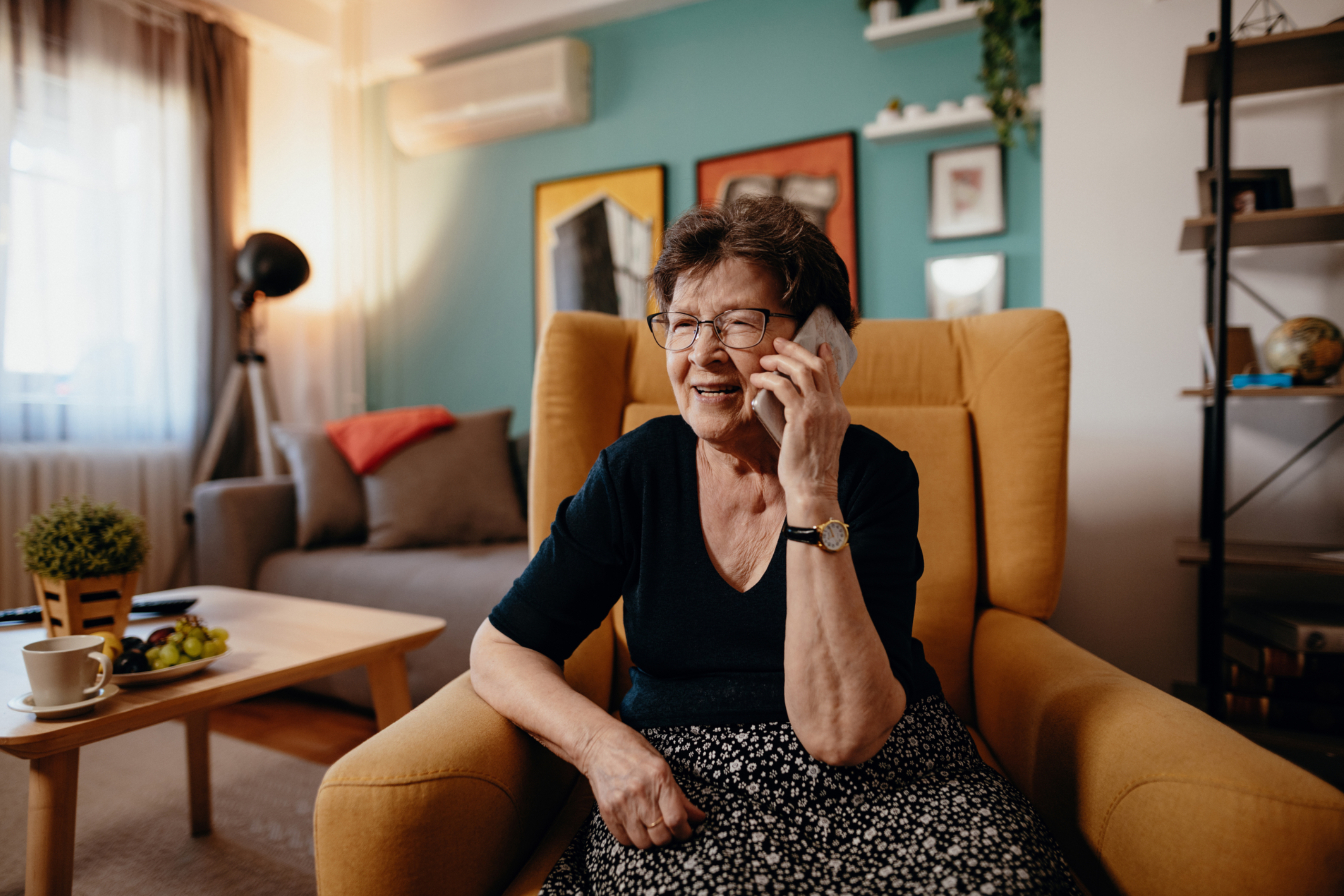
AUSTIN, Texas — Empathy-focused phone calls made by trained, nonmedical community members led to significant improvements in blood sugar control for low-income adults with diabetes, according to a new study from Dell Medical School at The University of Texas at Austin in collaboration with Lone Star Circle of Care. Published today in JAMA Network Open, the study suggests this approach could provide a simple, cost-effective model for managing chronic conditions, particularly for patients with limited access to traditional mental health and support services.
During the six-month clinical trial, 260 patients with uncontrolled diabetes were randomly split into two groups: one receiving only standard care and the other receiving both standard care and regular calls focused on listening and empathy. These calls were made by community members trained to provide compassionate support, enabling participants to share their experiences and challenges in living with diabetes.
“This approach begins by acknowledging the real and everyday challenges of living with diabetes,” said Maninder “Mini” Kahlon, Ph.D., lead author of the study and associate professor in the Department of Population Health at Dell Med. “By offering genuine, empathetic support, we had an impact on health that’s the clinical equivalent to taking medicine. That’s because emotional well-being is the gateway to the lifestyle changes that improve management of the condition — an area where traditional health care often falls short.”
Key findings include:
- Improved Blood Sugar Control: Patients who received empathy-based calls saw an average HbA1c reduction of 0.7%, compared with no significant change in the control group.
- Greater Impact for Patients With Mild or Greater Depressive Symptoms: Patients reporting mild depressive symptoms saw even larger reductions, with average HbA1c improvements of 1.1%.
- High Satisfaction: Nearly all participants receiving the calls rated them as very or extremely beneficial to their well-being.
Participants — all Lone Star Circle of Care patients — were given flexibility in the frequency and duration of their calls, allowing them to choose one to five calls per week during the initial stages and tapering as they progressed. This patient-driven approach empowered individuals to receive support at a pace that suited their needs and schedules, fostering a strong connection with their callers and reinforcing self-care routines.
“At a time when workforce shortages challenge health care delivery, this study underscores the profound clinical impact nonclinical staff can make,” said Jon Calvin, CEO of Lone Star Circle of Care. “By leveraging trained laypeople, we’re demonstrating that empathy, connection and intentional engagement can lead to measurable health improvements. In a world where medicine is increasingly fast-paced and technology-driven, this work reminds us that human connection remains at the heart of effective care. Empathy not only enhances patient engagement but empowers individuals to take meaningful steps toward better health outcomes.”
This research builds on prior work showing the broader benefits of empathetic phone calls. In 2021, Kahlon and her team published a study that found “Sunshine Calls” — a series of consistent, authentic phone calls from people who were not health care professionals — showed promise in improving loneliness, depression, anxiety and overall mental health among mostly homebound, older adults.
Both studies were funded by the Episcopal Health Foundation, which focuses on person-centered, nonmedical approaches to health.
Looking ahead, researchers hope to explore the long-term effects of empathy-based support on both diabetes control and broader mental health. They also plan to scale this model, aiming to make holistic, empathetic support more widely available to those in need.